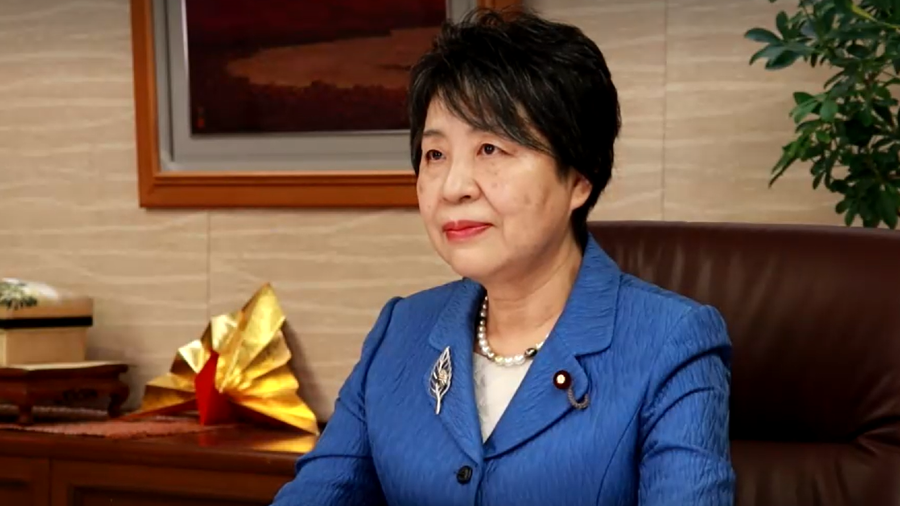“The Fulbright Program provided me with the inspiration to pursue my career as a politician.”

In September 2023, Yoko Kamikawa was appointed as Japan’s Foreign Minister. She made her diplomatic debut with a trip to New York City, holding talks with her counterparts and representing Japan at the United Nations General Assembly.
As a visiting student on the Fulbright Program in 1988, Ms. Kamikawa completed a Master of Public Administration degree at the John F. Kennedy School of Government at Harvard University. Since then, she has become an experienced stateswoman and energetic supporter of U.S.-Japanese cultural exchange.
After her Fulbright experience, Ms. Kamikawa returned to Japan and subsequently served as a member of parliament and as the three-time Minister of Justice.
U.S. Ambassador to Japan Rahm Emanuel called Prime Minister Fumio Kushida’s appointment of Ms. Kamikawa a sign of commitment to U.S.-Japanese relations and praised her as a “very capable and persuasive voice on behalf of our alliance.”
To celebrate the Fulbright Program’s 75th anniversary in 2021, Ms. Kamikawa, who was serving as Japan’s Minster for Justice, gave an interview in which she emphasized the importance of the Fulbright Program to her own career trajectory, and shared how Fulbright positively shapes the future of multicultural societies.
When she applied for her Fulbright award, she was intrigued by how rapidly the U.S. Government had developed policies around new technologies and gained valuable first-hand experience about how U.S. elected representatives approached this topic. At the same time that Japan was experiencing its technology-driven economic rise, Fulbright enabled Ms. Kamikawa to serve as a fellow on the policy staff of then-U.S. Senator Max Baucus. She reported that this experience allowed her to “view Japan from the outside” and see a model of how elected officials were able to work to solve critical issues.
Ms. Kamikawa shared her Fulbright experience and her belief in the importance of international exchange. She cited youth engagement with the world as particularly important in times of division and disparity.